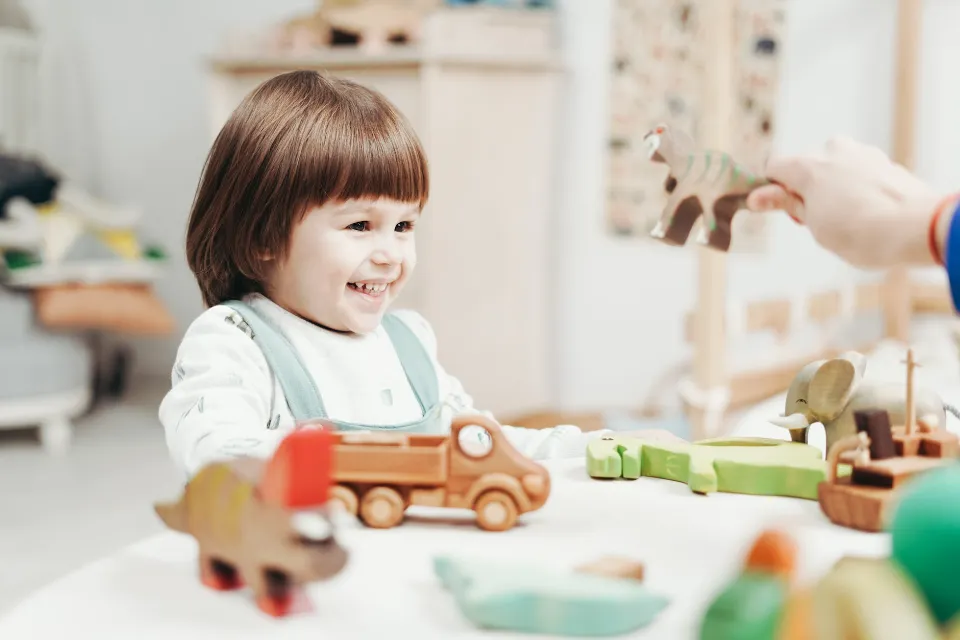
What Age Do Kids Start Preschool? Things to Consider
Here are some considerations to keep in mind if you’re thinking about enrolling your child in preschool so you can make the best choice for both you and your child.
Once your child nears or passes age 3, you may be wondering if they are ready to start preschool. Preparation doesn’t just depend on age; most kids start preschool around age 3. Some 3-year-olds will need a little more time to develop the necessary skills, but the majority of them will do well in preschool.
It’s a big decision to decide if your child is prepared for preschool, but there are some important signs that can guide your choice.
When Should Your Child Start Preschool?
Preschool typically starts when a child is three or four years old. However, age isn’t the determining factor as to when your child should start preschool. It largely depends on the stage of development your child is at and the skills they have learned. To make sure that your child is prepared for preschool, it’s crucial to keep in mind all of these factors since every child is different and unique.
Age is only one of many factors that parents and preschools should consider when deciding if and when a child is ready for preschool. These are just a few things that you will need to consider before enrolling your child in preschool.
Separation Issues
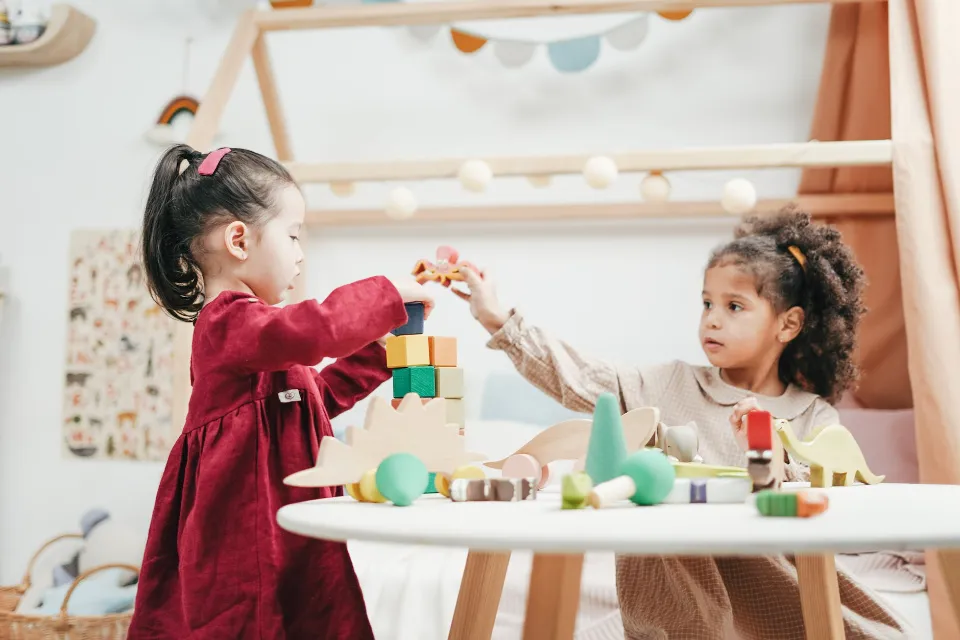
If your child has ever been away from you for a prolonged period of time, think about it. If they haven’t, they might feel a little bit of separation anxiety when they start preschool. Both the parent and the child may find this challenging. When deciding whether to enroll your child in preschool, take into account how well they do without you as well as how well they handle changes.
Additionally, transitioning to preschool can sometimes be easier for kids who have previously attended daycare. This is primarily a result of the time they have spent apart from their parents. Preschool may be a particularly helpful step to take when your child is getting close to kindergarten age because it may help to ease the transition to kindergarten.
Potty Trained
Some preschools require that their students be potty trained, or at least well on their way. Additionally, preschoolers should be capable of performing basic self-care tasks like putting on their coats and shoes. They should also understand how to wash their hands and how to pull up and fasten their pants.
Social Development
How often have they interacted with young children? Are they good at it and do they enjoy it?
Your three-year-old may not be prepared to enter a classroom if they are still engaged in parallel play. At this age, three-year-olds typically begin to play with each other and engage in imaginative play, both of which are essential elements of preschool programs. Your three-year-old must be socially conscious and understand how to interact with other kids.
Physical Development
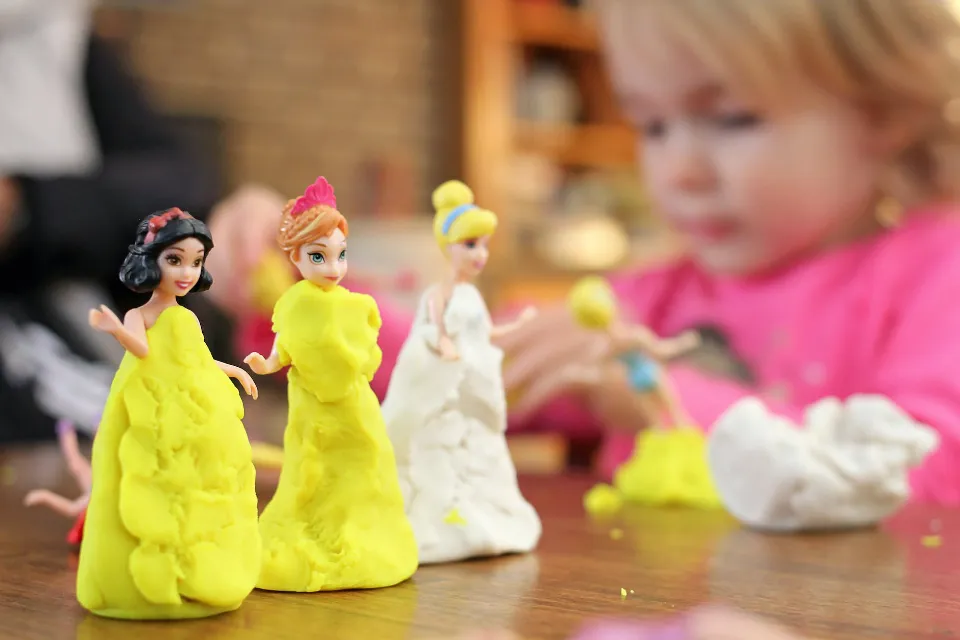
Do they possess the motor skills necessary to use playground equipment or fine motor skills necessary for handling classroom materials?
Your child will fine-tune these skills in preschool, but your two or three-year-old should have the motor control to keep up with their classmates to be successful at preschool.
Nap Necessity
The majority of preschools will allow kids to take a nap or take a break at some point during the day. The daily schedule is frequently the only time these rest periods are allowed. If your child typically takes naps that last two hours or longer, they probably require more rest than they will get during a preschool day. To make sure they can successfully get through the day, wait to enroll your child in preschool until their naps typically last an hour or less.
Persistence
Does your two or three-year-old get easily frustrated when learning new skills? Do they struggle with motivation? They might lack the tenacity required for preschool success.
To succeed academically and socially in preschool, your child needs to be willing to push past their frustration and attempt difficult tasks. It might be best to postpone enrolling your child in preschool if they have trouble maintaining motivation when faced with difficulties.
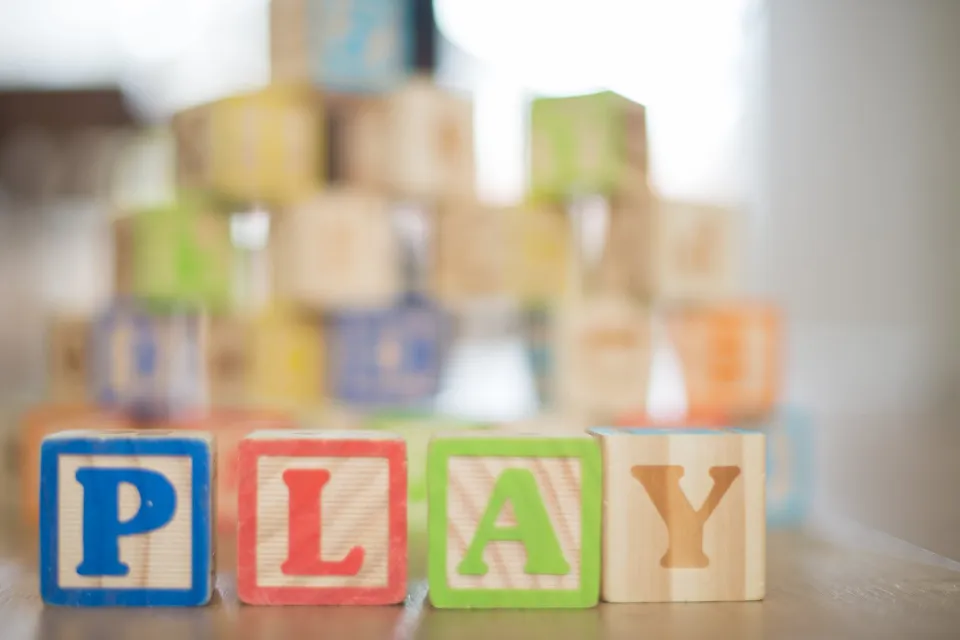
Curiosity and Imagination
Are they interested in their surroundings? Do they pose probing questions and offer creative solutions to issues? Curiosity is a necessary skill that preschoolers need as they learn new skills and learn to interact with other children.
However, if your child hasn’t started to pose open-ended inquiries about other people or their surroundings, they might not be prepared for the academic and social environment of preschool.
Communication Skills
3-year-olds aren’t expected to have perfect speech. But ideally, they should be able to make their point clear to the audience. Likewise, your preschooler should be able to hear and understand other people.1
Children who are prepared for preschool typically use short sentences of three to five words. They also can describe something that has happened recently such as a trip to the library or a visit to the zoo.
Speak to your pediatrician if you believe your child has a speech or hearing problem. They should be able to recommend a speech therapist or an audiologist who specializes in working with young children.
Listening Skills
Typically, kids have limited attention spans. They might be reluctant to comply with all of your instructions as a result, which can be challenging. The capacity to listen to instructions and follow straightforward directions is nevertheless crucial for preschoolers. This will guarantee the most efficient learning process and avert many problems.
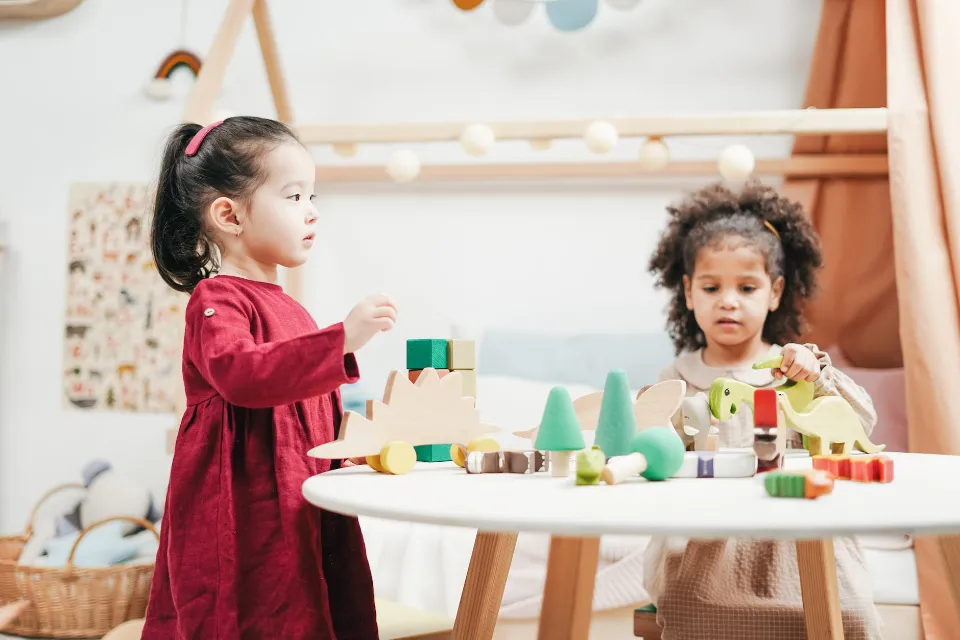
Can Your Child Handle Transitions?
A set schedule is generally followed in preschools. Children are expected to be able to seamlessly transition from one activity to the next, for instance, from carpet time to playtime, craft time, and snack time.
Before preschool begins, you should work on transitioning if your child struggles to do so, especially when they are deeply engaged in an activity they enjoy. Preschoolers must develop the crucial skill of transitioning from one activity to the next as a group.
Many times, giving children a little advance notice, such as telling them, “We’ll have a snack after we finish coloring this page,” will help them learn to make the switch more easily from one activity to the next. Additionally, you can create a straightforward routine at home that forces them to learn how to change tasks even when they don’t want to.
Use a simple wall chart to indicate the sequence of events such as meals, playtime, outdoor time, storytime, and snacks. These charts serve as both a reminder of what is coming up in their day and a signal that it is time to move on to the following activity.
What If My Child Isn’t Ready for Preschool?
You want preschool to be a positive experience for everyone. Waiting until your child is older to enroll them in preschool is okay if they aren’t ready at age two or three. Up to four-year-olds can typically enroll in preschool programs.
Consider putting them in a part-time program if you believe they are just about ready. In order for them to get a sense of the routine and schedule that school adds to their life, make sure the program is offered at least three days per week.
Conclusion: What Age Do Kids Start Preschool?
Preschool age is defined as 3 to 5 years of age. But that doesn’t mean that every 3-year-old is ready to go to school. Before enrolling your young child in preschool, there are numerous other things to think about. Do they respond well to stimuli? might be a question you need to ask yourself. Do they like being around other kids? The list goes on.
But if you start by watching for these early signs, you can determine whether your child is prepared to enroll in a preschool program. Don’t worry if your child isn’t yet prepared. There are still choices available to you, such as joining a different program.
FAQs
Are 2-Year-Olds Preschoolers?
Preschool is generally understood by educators to be the two years a child spends before starting kindergarten. Some preschools set a minimum age for when they’ll accept kids—usually, they have to be 3 by December of the academic year, although some will allow children as young as 2 to attend.
What is Preschool Readiness?
When your child is developmentally ready for preschool, they are considered preschool-ready. Age, social-emotional maturity, the ability to manage basic self-care tasks, and other academic and physical skills are all variables that may affect preschool readiness.


